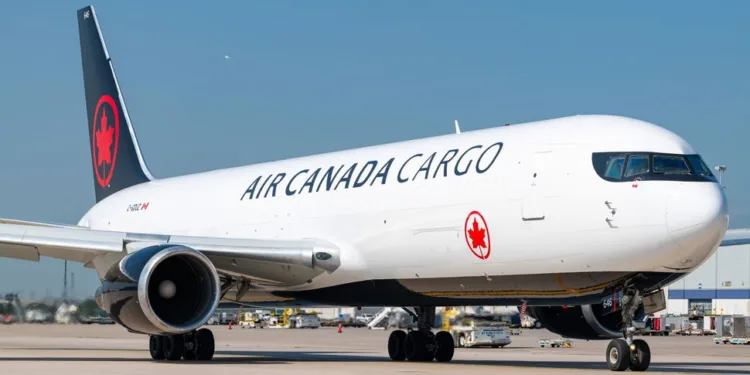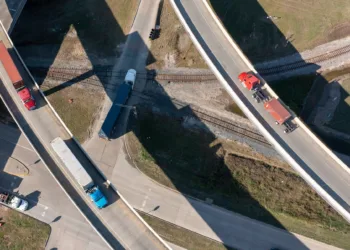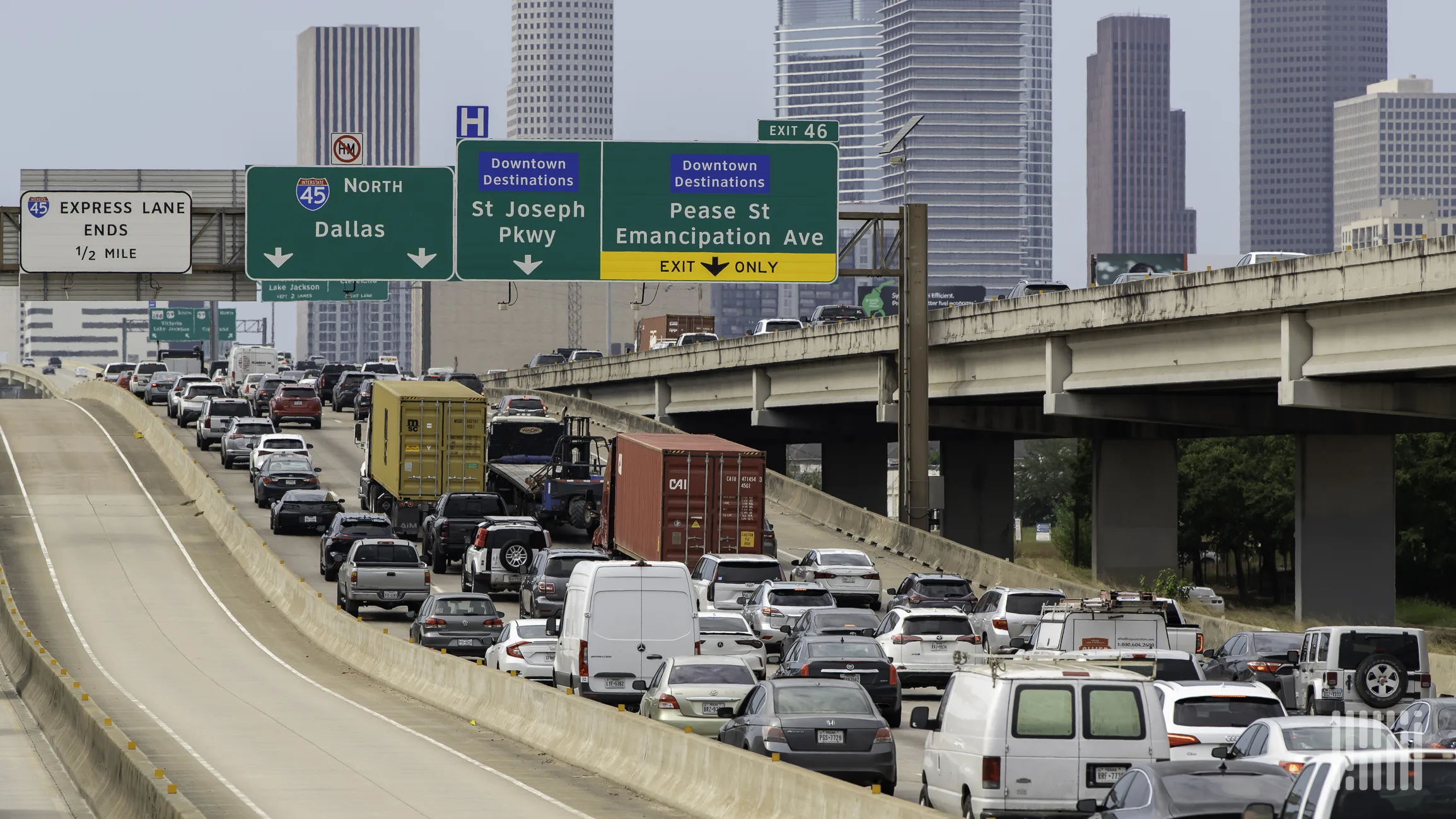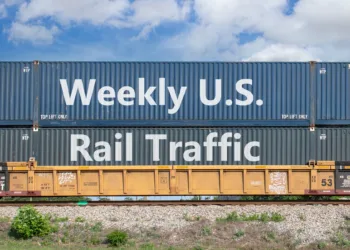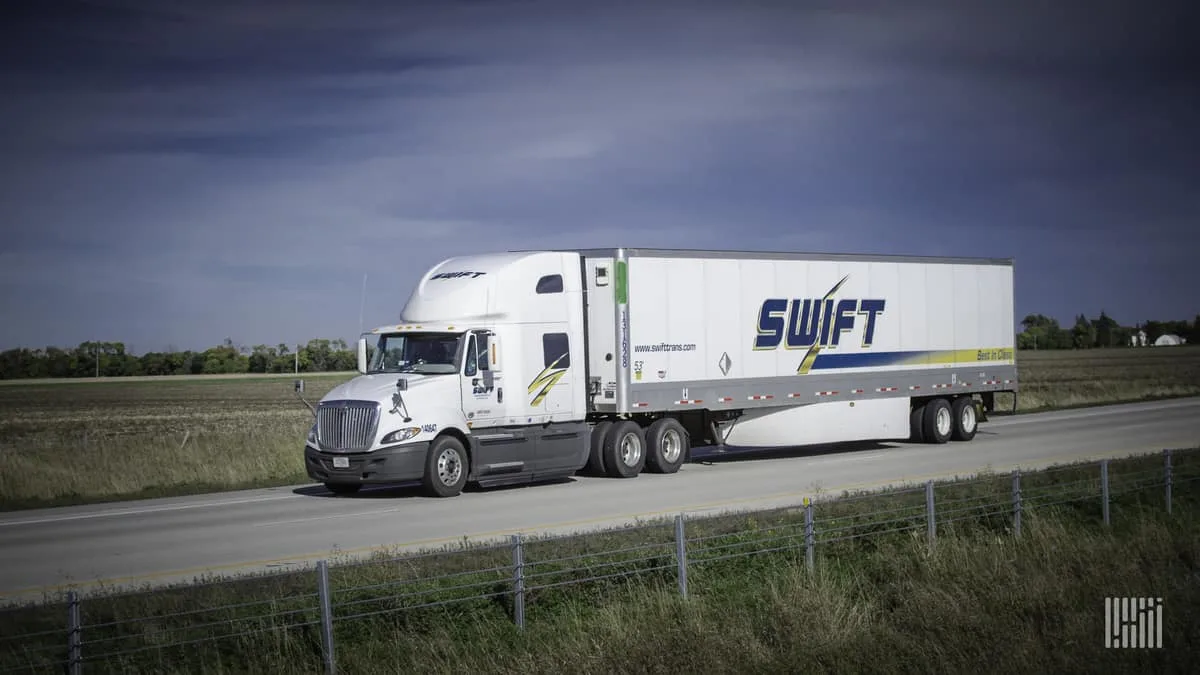Shippers on Air Canada face cargo disruptions after flight attendants issued 72-hour notice they will go on strike Saturday as negotiations for a new contract reached an impasse.
The Canadian Union of Public Employees, which represents 10,000 flight attendants at Air Canada (TSX: AC) and discount carrier Air Canada Rouge, this week received near unanimous member approval to authorize a strike if talks remain stalled. On Wednesday morning, the union pulled the trigger.
Both sides blame the other for the deadlock, with the airline saying its latest offer and a proposal to enter binding, third-party arbitration were rejected. CUPE accused Air Canada of offering paltry raises and walking away from the negotiating table.
A shutdown means passenger planes, including widebody aircraft that operate to Europe and Asia, will be unavailable to carry shipments in their bellyhold. An Air Canada spokesperson said in response to a query that the cargo division would continue to operate its fleet of six Boeing 767-300 freighters, but on a modified schedule.
The freighter and passenger networks at combination carriers like Air Canada work in harmony, with passenger flights originating in various cities feeding shipments to freighters at key international hubs. Absent connecting freight, cargo jets will be less full and less efficient to operate. Air Canada Cargo is likely to inform customers not to tender cargo, except for limited point-to-point freighter routes, until the dispute is resolved. Many shipments that don’t fly before Saturday could be stranded in Air Canada warehouses.
Air Canada Cargo’s freighter network previously included Europe, but the airline now limits the all-cargo aircraft to North, Central and South America.
Unresolved issues
Air Canada on Monday offered flight attendants a 38% total compensation increase over four years, with 25% due in the first year. The offer also addressed the issue of ground pay, improved pensions and benefits, increased crew rest and contained other improvements, including those related to work-life balance, according to the airline.
Air Canada said the contract proposal would make its cabin crews the best compensated in Canada, albeit a market it dominates.
CUPE says flight attendants want a deal that ends unpaid work and “poverty” wages. It says Air Canada is only offering a 17.2% wage increase over four years, with an 8% hike in the first year as a one-time catch-up, while members have effectively taken a 9% cut to real wages due to inflation since their last contract in 2015.
Arbitration, it argues, would allow Air Canada to preserve what it called the “exploitative status quo” without giving members a choice.
Air Canada’s latest proposal “is below inflation, below market value, below minimum wage — and still leaves flight attendants unpaid for all hours of work,” said Wesley Lesosky, president of the Air Canada unit of CUPE, in a statement.
Entry-level flight attendant wages have only gone up CA$3 per hour since 2000 while inflation has increased by 69% in the same timeframe, according to CUPE.
It says flight attendants perform hours of safety-related and other duties for free. The company has offered to begin compensating them for some of these duties, but only at 50% of their hourly rate, while still refusing to compensate workers for time spent while the plane is at the gate.
The airline said CUPE submitted a counteroffer on Tuesday seeking exorbitant increases, beyond those previously presented. In the wake of CUPE’s rejection of binding arbitration, Air Canada said it will formally request that the Canadian government impose arbitration on the parties.
Air Canada narrowly averted a strike by pilots in September with an 11th-hour deal. In that case, too, Air Canada and business groups lobbied the government to order binding arbitration, saying a potential strike would cause severe economic disruption for the country by halting air travel and delaying time-sensitive cargo shipments. The government has similarly intervened before in rail, port and airline labor disputes. This summer, the Minister of Labor intervened in a dispute between Canada Post and mail carriers by ordering an industrial board to conduct a vote of union members on the employer’s final proposal, over the objection of union leadership. The workers in early August overwhelmingly rejected the proposal.
It’s been a vexing 12-months for shippers in Canada with two strike threats at Air Canada, a month-long strike at Canada Post during the holiday season, mail carriers now refusing to work overtime and DHL Express workers walking off the job for nearly three weeks in June. The uncertainty about potential labor actions or lockouts can make shippers uneasy about whether to continue using a carrier or hunt for alternative providers.
“Air Canada has been negotiating with CUPE for eight months and although we have settled many items, none of which required concessions, we remain far apart on key issues. We are disappointed our proposal to resolve the outstanding items fairly through arbitration has been rejected by the union and it is instead insisting on unsustainable wage increases,” said Arielle Meloul-Wechsler, chief human resources officer and head of public affairs. “We are now at an impasse in talks … creating tremendous uncertainty for hundreds of thousands of travellers and companies shipping critical, time-sensitive goods. Air Canada is now looking at all remaining options, including a request for government-directed arbitration, to prevent a disruption or at least remove this intolerable uncertainty for our customers.”
Air Canada said it is willing to return to the bargaining table, but said time is running short and was wasted by the union when it refused to negotiate for 10 days while it sought a strike mandate.
In the event of a disruption, Air Canada Express flights operated by Jazz or PAL Airlines will continue to operate as normal as their services are provided by third-party companies. However, the regional partners only carry about 20% of Air Canada’s daily customers.
Air Canada operates globally to about 65 countries with a fleet of 259 aircraft. Together with Air Canada Rouge it can carry about 130,000 customers a day, including 25,000 who fly internationally.
Click here for more FreightWaves/American Shipper stories by Eric Kulisch.
Write to Eric Kulisch at [email protected].
RELATED STORIES:
Air Canada agrees to new contract with pilots, avoids strike
DHL Express Canada reinstates service after workers ratify labor deal
Is Canada Post too big to fail?
The post Air Canada flight attendants announce strike date, cargo shipments at risk appeared first on FreightWaves.



